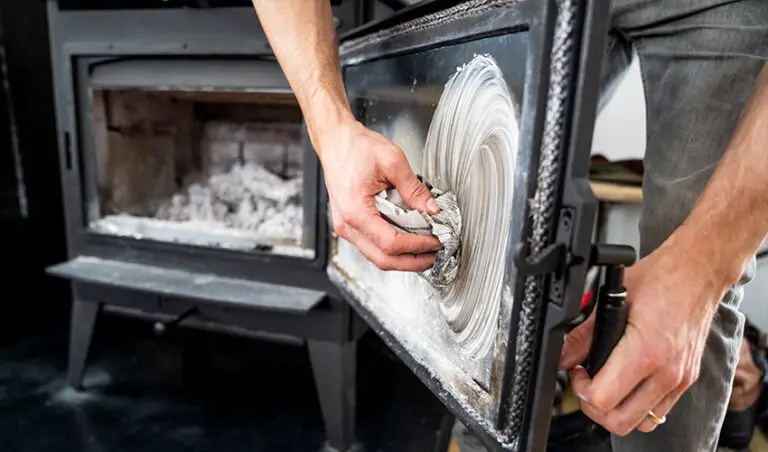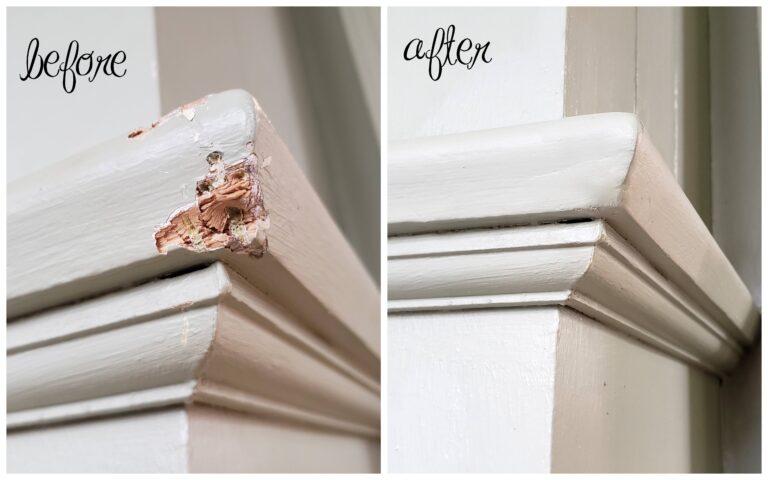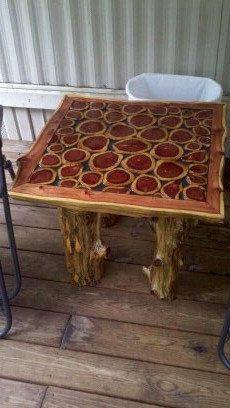What is the Best Wood Preservative for Ground Contact : Top Solutions and Tips
When it comes to outdoor wood projects, one of the biggest concerns is protecting the wood from decay and rot caused by ground contact. Whether you’re building a deck, fence, or garden beds, choosing the right wood preservative is crucial to ensure the longevity of your structure. In this article, we will explore the best wood preservative for ground contact and how to choose the right one for your project.
Understanding Ground Contact
Wood that is in direct contact with the ground is especially susceptible to moisture, which can lead to rot and decay over time. This is why it’s essential to use a wood preservative that can protect the wood from these elements and prolong its lifespan.
Choosing the Best Wood Preservative
When selecting a wood preservative for ground contact, there are several factors to consider:
- Effectiveness: Look for a preservative that is specifically formulated for ground contact and has proven effectiveness in preventing decay and rot.
- Environmentally Friendly: Consider using a wood preservative that is environmentally friendly and safe for plants and animals, especially if you’re building garden beds or other structures in close proximity to vegetation.
- Longevity: Choose a preservative that provides long-lasting protection to minimize the need for frequent reapplications.
Best Wood Preservatives for Ground Contact
There are several wood preservatives available on the market that are well-suited for ground contact applications. Here are some of the best options:
| Wood Preservative | Key Features |
|---|---|
| Copper Naphthenate | Effective against decay and termites, suitable for use in ground contact applications, and can be painted or stained. |
| Creosote | Provides excellent protection against decay, insects, and fungal growth, making it ideal for ground contact use. |
| ACQ (Alkaline Copper Quaternary) | Offers long-term protection against decay and insects, and is suitable for use in ground contact and freshwater applications. |
When applying any wood preservative, be sure to follow the manufacturer’s instructions for the best results.
Additional Tips for Preserving Wood in Ground Contact
In addition to using a suitable wood preservative, there are other steps you can take to protect wood in ground contact:
- Use Rot-Resistant Wood: Consider using naturally resistant wood species such as cedar, redwood, or tropical hardwoods for your ground contact projects.
- Proper Installation: Ensure that the wood is properly installed with adequate drainage and ventilation to minimize ground contact and moisture exposure.
- Maintenance: Regularly inspect and maintain the wood structure to address any signs of decay or damage promptly.

Credit: en.wikipedia.org
Frequently Asked Questions For What Is The Best Wood Preservative For Ground Contact : Top Solutions And Tips
What Is Ground Contact Wood Preservation?
Ground contact wood preservation is a method to protect wood from decay while it’s in contact with the ground.
Why Is It Important To Use Wood Preservative For Ground Contact?
Using wood preservative for ground contact is important to prevent decay, insect damage, and increase the lifespan of the wood.
How Does Ground Contact Affect Wood Deterioration?
Ground contact can lead to moisture retention in wood, creating favorable conditions for decay fungi and insects, accelerating wood deterioration.
What Are The Key Factors To Consider When Choosing A Wood Preservative For Ground Contact?
Consider factors such as treatment type, level of protection, environmental impact, and compatibility with other materials when choosing a wood preservative for ground contact.
Conclusion
Choosing the best wood preservative for ground contact is essential for the longevity and durability of outdoor wood projects. By considering factors such as effectiveness, environmental impact, and longevity, along with using suitable wood preservatives like copper naphthenate, creosote, or ACQ, you can protect your wood from decay and ensure that it stays in top condition for years to come.





